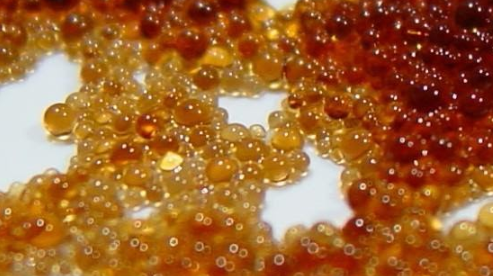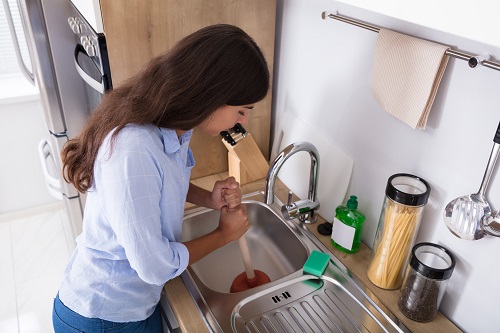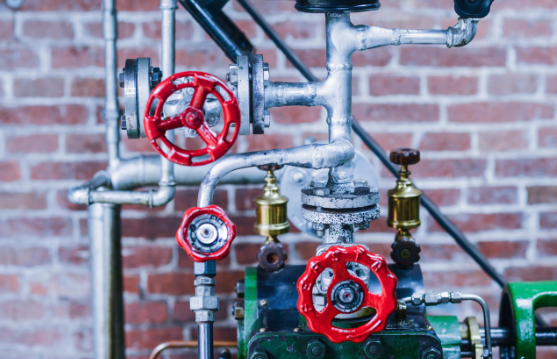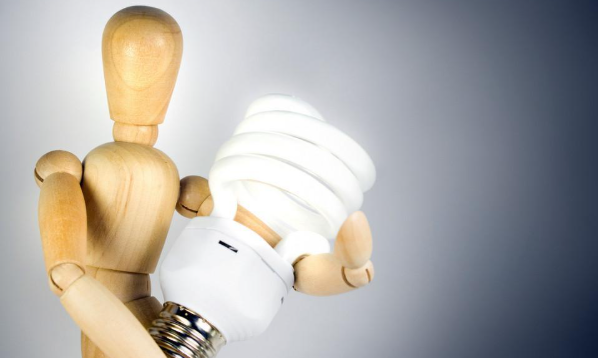Water softening systems help in remedying issues linked to hard water. You might require a water softener if your skin and hair feel itchy and dry, your bathtubs and sinks are stained, you’ve clogged plumbing, your garments are gray, and your appliances keep breaking down.
Essentially, water softeners eliminate magnesium and calcium ion via an exchange with potassium and sodium ions. Upon the completion of ion exchange, the softener regenerates and flushes out the surplus ions up until it recharges them with fresh sodium ions.
The softening process uses up roughly 25-gallons of water daily; hence it’s essential to establish the level of hardness in your water.
By preventing the accumulation of scale, softeners increase your water heater lifespan.
Below are five tips to determine if you are in need of a water heater:
1. Your appliances, dishes, glasses, and cutlery get affected
Stacking of limescale all over your washing machine and dishwasher hampers them from closing well, leading to water leakage. Eventually, this lowers the lifespan of your valuable appliances.
Regular replacements and repairs may cost you a pretty penny; therefore, it makes sense to incorporate a water softener.
2. Your skin and hair become dry and itchy
Hard water dries up your skin rather than nourishing it by making it leathery. Excess magnesium and calcium in your water dry your skin and hair. Moisturizers, soap, and shampoo can only arrest the situation to a certain degree.
Hard water deposits minerals on your skin and considering soaps don’t mix well in hard water; it’s incapable of washing them away. Also, hard water blocks your pores resulting in inflammation and blackheads.
3. A soaring water bill
Your water usage rises as pipes need to work even harder to let water pass. In the case that you note a recent surge in your water bill, you may require buying a softener. Make an inquiry to your utility company to establish whether your water falls on the hard or soft end of the hardness scale.
Your utility company may also give recommendations on the chemicals needed to tackle the issue of hardness in case your water falls on the hard section of the water hardness scale. It’s most likely the suggestion of acquiring a water softener may come up.
Supposing you decide to buy a water softener, we suggest you check out water softener gurus reviews on various water softener systems.
4. Visible stains on faucets, sinks, and bathtubs
Mineral silt on tubs, sinks, and faucets indicates you get hard water. Tap water leaves slag (calcium and magnesium) once it evaporates thereby staining your kitchen and bathroom.
You can utilize a mixture of bleach and detergent powder or vinegar to remove such stains. A potassium chloride softener also makes a good and useful option to eradicate stains.
5. Your plumbing requires frequent repairs
The accumulation of limescale as a result of hard water clogs your pipes. Copper and PVC pipes aren’t affected by hard water as much as steel pipes. As water flow gradually becomes restricted the accumulation of limescale increases. Eventually, you may spend dearly on repairs.








